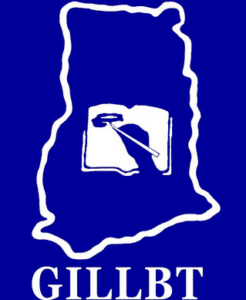Ghana government urged to adopt clear language policy
 Stakeholders from various sectors have called for the need for government to adopt a clear language policy to specify the roles of “our Ghanaian languages and other languages in our national life”.
Stakeholders from various sectors have called for the need for government to adopt a clear language policy to specify the roles of “our Ghanaian languages and other languages in our national life”.
They said the need for a national language policy “is a necessity and not a choice” adding that “this policy must have a legal backing to ensure its enforcement”.
This was contained in a communique issued after a two-day language policy conference organised in Tamale by the Ghana Institute of Linguistics, Literacy and Bible Translation (GILLBT).
It was attended by stakeholders from public and private institutions, researchers, academia, civil society organizations (CSOs) and the media.
The conference provided the opportunity to remind policy makers, parents and all stakeholders on the importance of the use of the mother tongue as a medium of instruction for improvement in literacy and education outcomes.
The conference was on the theme: “The Mother Tongue in National Development”.
The communique recommended that public universities assist in the training of teachers or language professionals in the Ghanaian languages as well as in the production of training materials such as textbooks, dictionaries, literature books and other literacy materials to enhance the use of the local languages.
It also recommended that the Ministry of Education, University of Education, GILLBT and other stakeholders should assist in the development of orthography for Ghanaian languages to enhance the use of local languages as a medium of instruction in all public schools, at least at the lower primary level.
It also recommended that public universities should have terminology centres for language modernization and terminology development just as was done in Tanzania and South Africa.
The communique called on national and local governments to show more commitment by making resources available for the development of the local languages.
It called on GILLBT to assist in the translation of national documents such as the constitution, campaign messages of political parties among others in the local languages.
It concluded by calling on Ministries of Education, and Finance, GILLBT, CSOs, Non-Formal Education Division, chiefs, parents amongst other stakeholders to support the use of the mother tongue as a medium of instruction at lower primary levels in all public schools across the country.
Source: GNA
